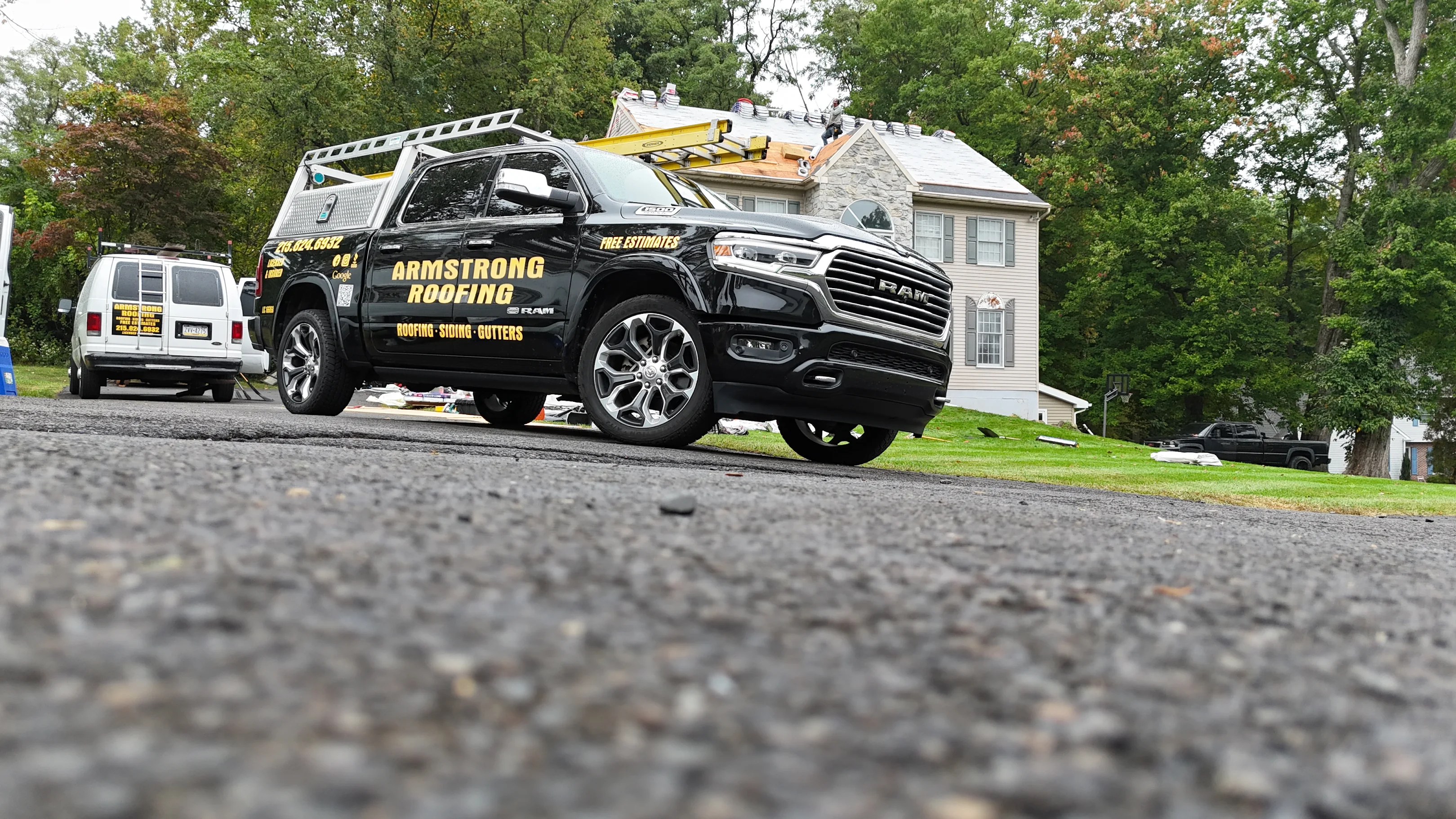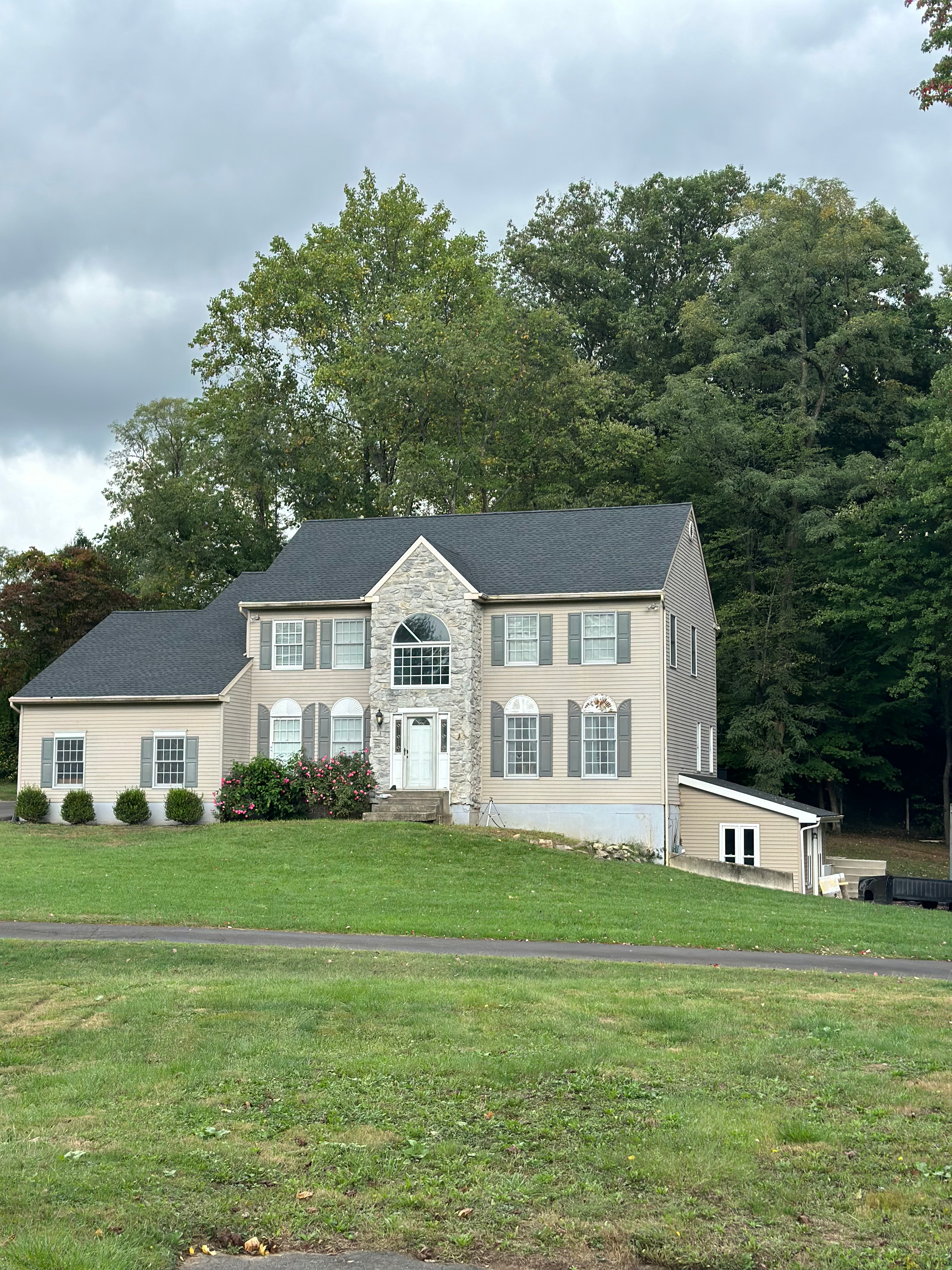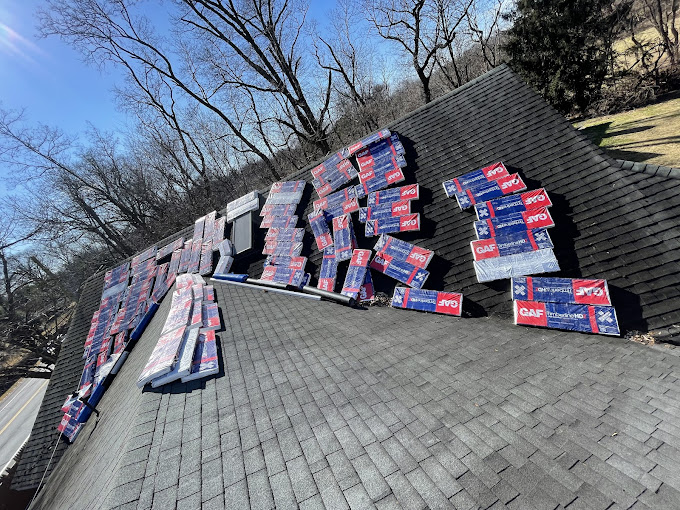Planning a roofing project can feel overwhelming, especially when you’re trying to understand costs and find reliable local contractors. Whether you need a roof repair or a full replacement, knowing the average cost of roofing near you is essential for budgeting and making informed decisions. This comprehensive guide breaks down pricing factors, material options, labor expenses, and tips for securing accurate roofing quotes from trusted professionals in your area. Read on to discover how to balance quality with affordability and ensure your roofing investment lasts for years to come.


Understanding the Average Cost of Roofing
Roofing costs can vary widely depending on several factors, but having a clear understanding of average prices will help you set realistic expectations. Typically, roofing contractors calculate prices based on the size of the roof, materials used, labor intensity, and any additional services required. On average, homeowners spend between $5,000 and $12,000 on roof repairs or replacements, though the total cost can be higher for larger or more complex projects.
When requesting a roofing estimate or quote, expect contractors to assess your roof’s square footage as pricing is often given per square foot or per roofing “square” (one square equals 100 square feet). The price range usually falls between $3.50 and $10 per square foot, covering both materials and labor. It’s important to get a detailed cost breakdown including material costs, installation fees, permitting, and cleanup charges to avoid surprises.
Local pricing can also fluctuate based on market demand and competition among roofing companies near you. Using online or free estimates from licensed roofers can give you a clearer picture of what to https://blue-bell-pa-19422-t-p-1-3.lowescouponn.com/how-do-i-file-a-claim-with-my-insurance-company-for-roof-damage budget for your roofing project.
Factors That Affect Your Roofing Costs
The final price you pay for roofing depends on a mix of key variables related to your roof's characteristics and condition:
- Roof Size & Square Footage: Larger roofs require more materials and labor, increasing overall costs. Roof Type & Pitch: Steeper pitches and complex designs are harder to work on, raising labor costs. Roof Age & Condition: Older roofs may need extra prep work or repairs before new installation. Extent of Damage: Severe damage or leaks can add to repair or replacement expenses. Accessibility: Roofs that are difficult to access may incur higher installation fees due to safety requirements.
Understanding these factors helps explain why roofing quotes can vary from contractor to contractor and location to location. Getting a comprehensive roof inspection and damage assessment will give you a precise scope of necessary work and accurate pricing.
Types of Roofing Materials and Their Costs
Choosing the right roofing material impacts both the upfront roofing cost and long-term durability. Here’s a summary of common roofing materials and their average price range per square foot:
- Asphalt Shingles: The most popular option for residential roofs, costing between $3.50 and $5.50 per sq. ft. They offer good durability and affordability. Metal Roofing: Costs range from $5.50 to $12 per sq. ft. Metal roofs provide excellent longevity, energy efficiency, and resistance to extreme weather. Tile Roofing: Clay or concrete tiles cost $6 to $15 per sq. ft. These are highly durable and aesthetically appealing but heavier and more expensive. Flat Roofing: Used mainly on commercial buildings; materials like TPO or EPDM cost $4 to $9 per sq. ft. Flat roofs require specialized installation techniques. Slate Roofing: Luxury option at $15 to $30 per sq. ft., known for exceptional lifespan and premium appearance.
Comparing Roofing Materials: Prices & Durability
Choosing between affordable, mid-range, and luxury roofing depends on your budget and priorities:
- Affordable Roofing: Asphalt shingles offer low initial cost and decent lifespan but may require replacement every 20-30 years. Mid-Range Options: Metal roofs cost more initially but can last 40-70 years with minimal maintenance and improve energy efficiency. Luxury Roofing: Slate or high-end tile roofing come with premium price tags but offer unmatched durability and curb appeal. Energy Saving & Eco-Friendly: Metal roofs and certain solar-integrated roofing systems qualify for tax credits and can reduce cooling costs.
Your choice should strike a balance between upfront costs, longevity, maintenance needs, and environmental benefits.
Labor, Installation, and Additional Expenses
Labor costs typically represent about 40-60% of the total roofing project cost, varying based on roof complexity and local wage rates. Here’s what contributes to the full project cost beyond materials:
- Installation Costs: Skilled labor required to ensure proper fitting, waterproofing, and ventilation. Permitting Fees: Local government permits may be necessary, adding extra expense. Cleanup and Disposal: Removing old roofing materials and site cleanup are often billed separately. Additional Repairs: Addressing underlying wood damage or insulation upgrades can increase costs.
Hiring experienced, licensed roofers ensures these steps follow industry standards, protecting your investment and safety.
Residential vs. Commercial Roofing Costs
Residential roofing projects generally involve simpler designs and smaller roof sizes, resulting in lower average costs compared to commercial roofing which may demand flat roofs, specialized membranes, or reinforced materials. Commercial roofs can range from $7 to $25 per square foot depending on materials and project scope.
For homeowners, a new roof installation averages between $7,000 and $14,000, whereas small business property managers might budget significantly more depending on building size and roofing system type.
How to Get Accurate Roofing Estimates Near You
Getting an accurate roofing estimate near you involves several proactive steps:
- Request Free Quotes: Contact multiple local roofing companies for complimentary inspections and estimates. Online Estimate Tools: Use roofing cost calculators by entering roof size and material preferences for ballpark figures. Schedule a Roof Inspection: Professional inspections provide detailed damage assessments and tailored quotes. Check Credentials: Verify roofers are licensed, insured, and have positive customer reviews.
What to Expect During a Roof Inspection and Damage Assessment
A thorough roof inspection will include:
- Assessing shingle or material condition Checking for leaks, rot, or structural damage Measuring roof dimensions and pitch Evaluating ventilation and drainage Providing a written report with repair or replacement recommendations
This step is vital for receiving a precise roofing quote rather than an estimate based solely on visual impressions.
Choosing Reliable and Licensed Roofers
To avoid costly mistakes:
- Choose roofers with valid licenses and insurance coverage Look for established companies with local reputations Ask for references and check verified reviews Ensure transparent contracts outlining all pricing details
Reliable roofing contractors prioritize quality workmanship, use premium materials, adhere to safety standards, and honor warranties.
Financing and Budgeting for Your Roofing Project
Roofing can be a significant investment, but flexible financing options make it manageable:
- Payment Plans: Many roofers offer installment payments spreading costs over time. Homeowners Insurance: Some policies cover damage from storms or accidents—check your coverage before starting. Home Equity Loans: Using home equity to finance roofing projects often provides favorable interest rates. Energy-Efficient Rebates: Certain material upgrades may qualify for tax credits or rebates.
Create a roofing budget that includes contingency funds for unforeseen issues discovered during installation.

Maximizing Roof Lifespan and Energy Efficiency
Investing in a quality roof pays off by reducing future repair costs and improving home comfort. To maximize lifespan and performance:
- Choose durable materials matched to your climate Schedule regular maintenance and inspections Install energy-saving options like reflective coatings or metal roofing Consider eco-friendly roofing products that recycle materials or improve insulation
Proper care combined with thoughtful material selection extends your roof’s life, reduces energy bills, and enhances property value.
Frequently Asked Questions About Roofing Costs
What is the average cost of a new roof near me?
Most residential roofs cost between $5,000 and $12,000 depending on size and material choice.
How is roofing cost calculated?
Costs are usually measured per square foot, including materials, labor, permits, and additional repairs.
What materials are most cost-effective for roofing?
Asphalt shingles are affordable with decent durability, while metal offers longer lifespan and energy savings.
How much does roofing labor typically cost?
Labor can account for 40-60% of total project cost, higher for complex or steep roofs.
Are there financing options available for roof replacement?
Yes, many contractors offer payment plans, and homeowners can use insurance or loans.
How do I get a free roofing estimate?
Contact local licensed roofing companies for inspections and detailed quotes.
What questions should I ask a roofing contractor before hiring?
Ask about licensing, insurance, warranty terms, project timelines, and previous customer references.
How long does a typical roofing project take?
Most residential roofs install within a few days to a week, depending on weather and complexity.
Will my homeowners insurance cover roof repairs or replacement?
It depends on the cause of damage; review your policy and consult your insurer.
What maintenance can extend my roof’s lifespan?
Regular cleaning, inspecting for damage after storms, and timely repairs help prolong roof life.
In conclusion, understanding the average cost of roofing near you is key to planning a successful roofing project. By evaluating material choices, factoring in labor and extra fees, and working with licensed local roofers who provide detailed estimates, you can ensure your roof is a sound investment for your home or property. Start by scheduling a roof inspection and gathering multiple quotes to compare prices and services. Remember, quality roofing not only protects your property but enhances its value—choose wisely and invest smartly for lasting results.